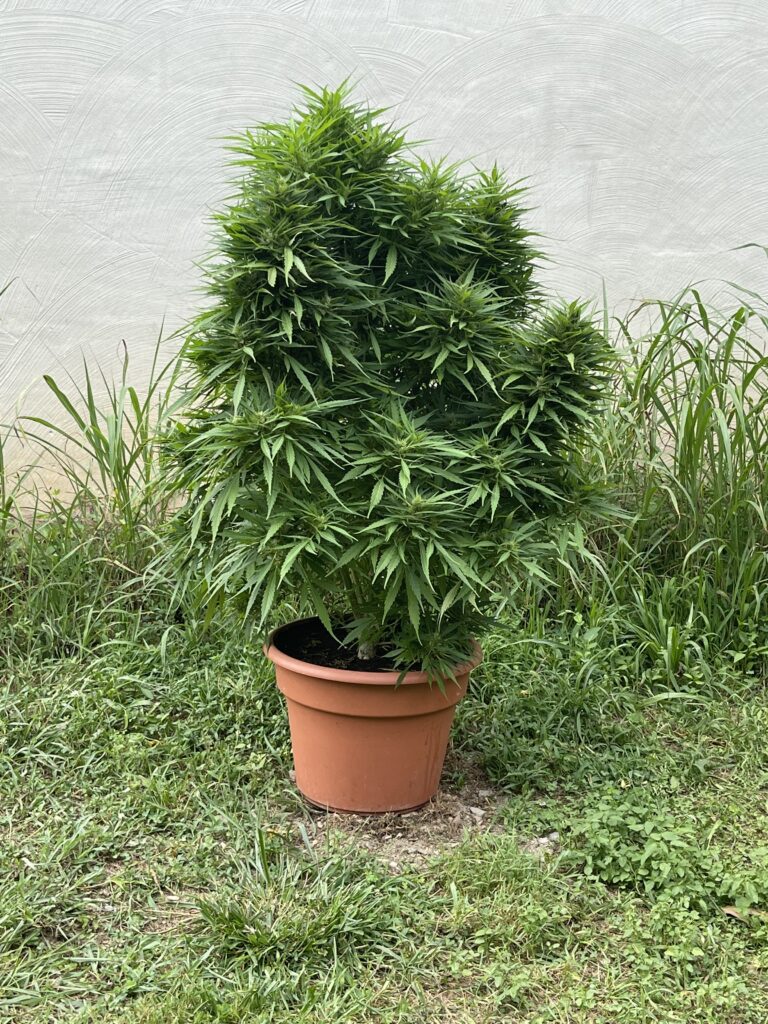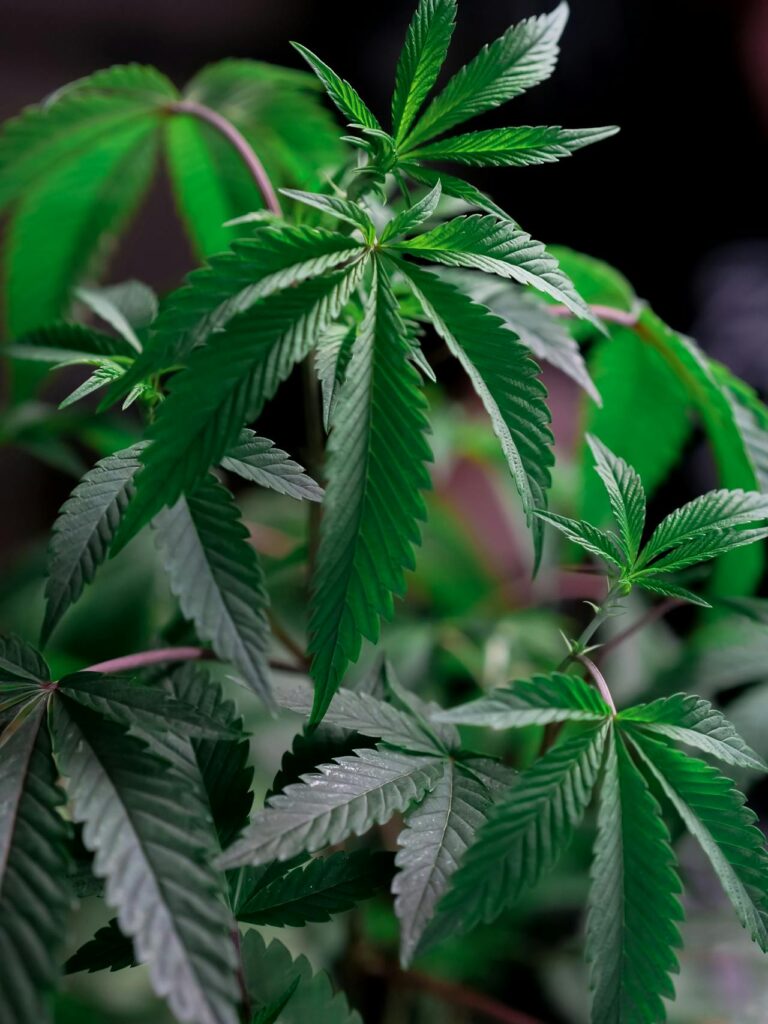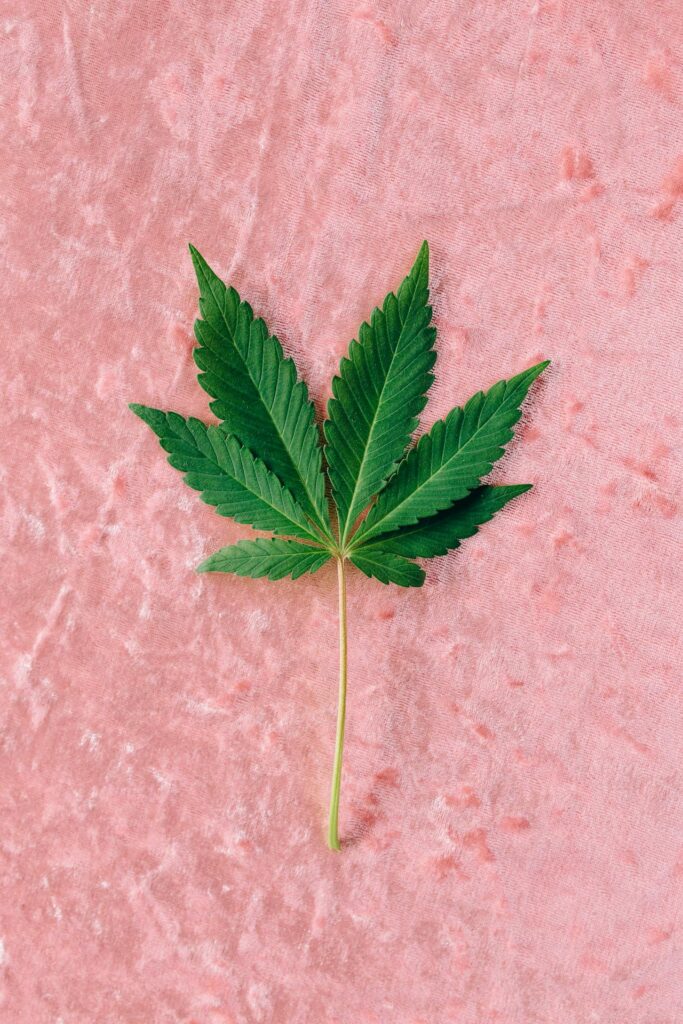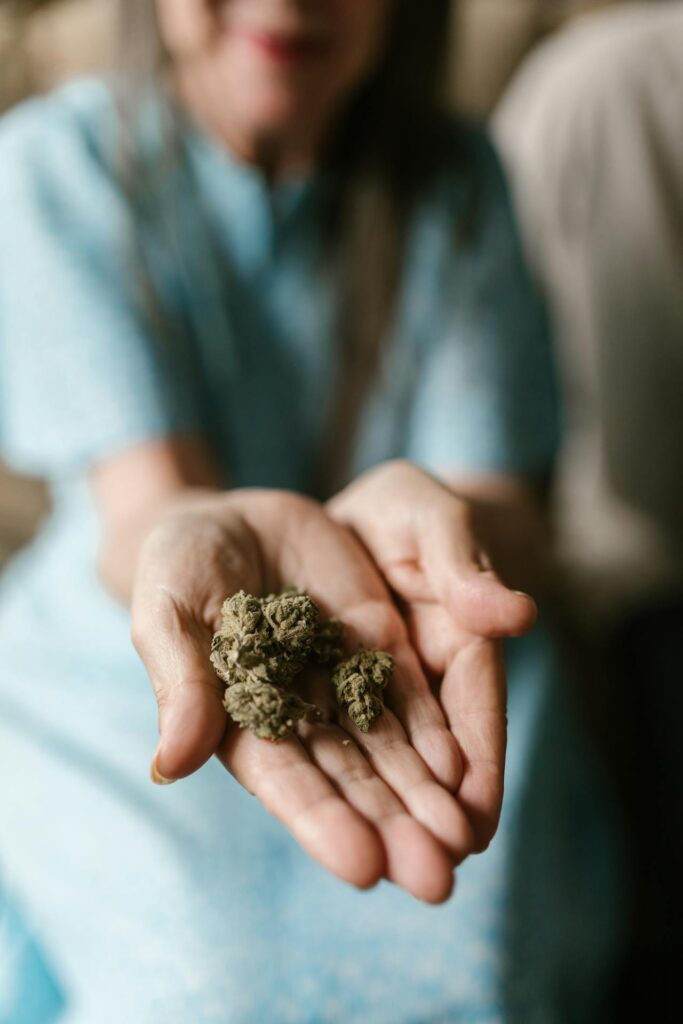When using medical cannabis you would be aware of the different types of efficacy available to you. This is why, when you have a consultation with a specialised medical practitioner a personalised plan would be prescribed, solely for you, signposting and advising on the appropriate prescribed medication to take.
We know that certain varieties of cannabis are more appropriate for particular ailments or diseases and choosing the right strain is critical to ensuring that patients receive the best possible outcomes/therapies.
Even though we only hear about Indica and Sativa, there is a third Ruderalis.

Cannabis Ruderalis
Ruderalis is often overlooked as a prescribed medication and is the original auto-flowering cannabis plant (faster growth cycle). It’s genetically somewhere between an Indica and Sativa variety, containing much lower levels of tetrahydrocannabinol (THC). With these lower levels, they provide a much milder experience and therefore make them suitable for those who prefer subtle medical benefits, similar to cannabidiols (CBD). With this in mind, Ruderalis is almost exclusively used in the breeding of hybrid strains and the use of this strain medically is very rare.

Cannabis Sativa – above image
Sativa will enhance creativity and productivity, producing a feeling of invigoration, cerebrally uplifting, and is usually a daytime choice.
This strain is ideal for patients with psychological disorders, such as PTSD, depression, and anxiety. It helps lessen fatigue therefore improving focus and relieving stress, but can also assist (for example) when treating migraines, relieving pain, and reducing symptoms associated with ADHD which are extremely common in neurodivergent people… plus many more applications.

Cannabis Indica – above image
Indica will give you a feeling of overall relaxation, and a sense of peace. It is ideal for patients who are suffering from anxiety and depression. From personal experience, it will not give you that numbing feeling that conventional antidepressants can give, but when vaping (dry herb vaporizer) I explain it as a happy, warm, fuzzy glow inside. Certainly relieving symptoms of anxiety and impending doom.
Indica is also used to help reduce nausea (during chemotherapy), is used as pain relief and as an appetite stimulant… and many more applications.

Other indications for the use of Medical Cannabis
Along with all the above positive uses for a magical natural herb studies (2023) – Therapeutic potential) have also shown that CBD and THC (medical cannabis) can help protect us from neurological disease due to their clever antioxidant and anti-inflammatory properties along with the positive effects it has in already diagnosed neurological diseases.
Cannabis has been traditionally used as a medicine as far back as 2900 BC by many cultures, originating in China. The mechanism by which CBD helps to reduce chronic eg. arthritis and neuropathic (nerve) pain is relatively simple. The endocannabinoid system is involved in regulating functions such as pain. Our body produces neurotransmitters called endocannabinoids that bind to our own naturally occurring cannabinoid receptors. Research has shown that CBD targets endocannabinoid receptor activity, reducing inflammation and interacting with these receptors. This system is also involved in regulating many other functions of the body – metabolism and appetite, anxiety, and general mood and pain perception.
Medical cannabis can help with sleep issues, creating a relaxed and calm state and assisting in initiating sleep. Insomnia can be so debilitating causing severe physical and mental problems (anxiety/heart disease/weight gain).
The Food Standards Administration (FDA) in 2018 approved the use of CBD-branded Epidiolex to treat seizures resulting from Lennox-Gastaut and Dravet syndrome. When prescribed CBD decreased the frequency of seizures.
It helps reduce the effects of high glucose levels on other cells of the body, which could typically cause issues within artery walls and other diabetic complications. During a small study, researchers found that CBD decreases a patient’s levels of resistin (causes insulin resistance) and increases glucose-dependent insulinotropic peptide (releases insulin from digested food). This research, although more needs to be completed suggests CBD could become a natural method for treating diabetes and by assisting the body to regulate insulin-related hormone levels. CBD and Diabetes
Studies have shown that medical cannabis and CBD can help with the symptoms of nicotine addiction (as well as many other addictions – opioid/alcohol). CBD significantly reduces users’ cravings, withdrawal anxiety, resting heart rate (HPA), and salivary cortisol levels (SAM).
If you are interested in learning more about Medical Cannabis please use the link Mamedica or visit my website Nomadify

